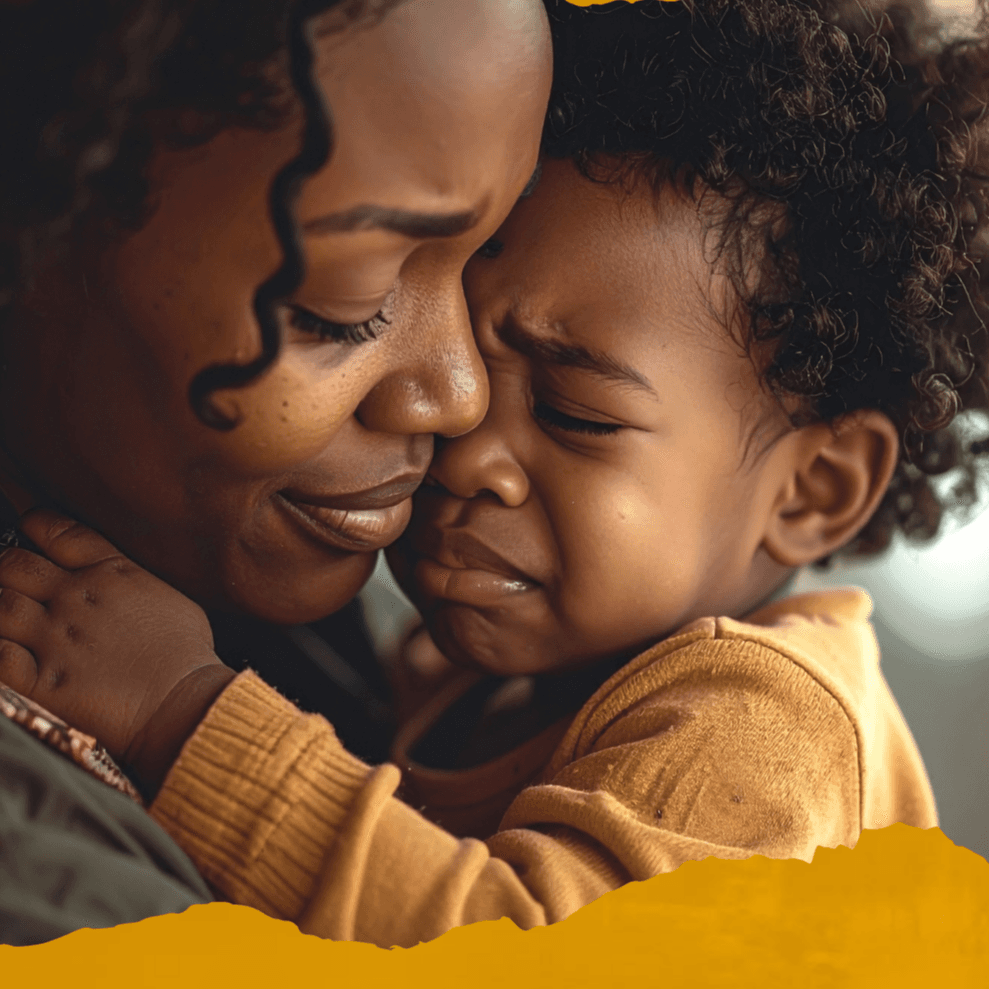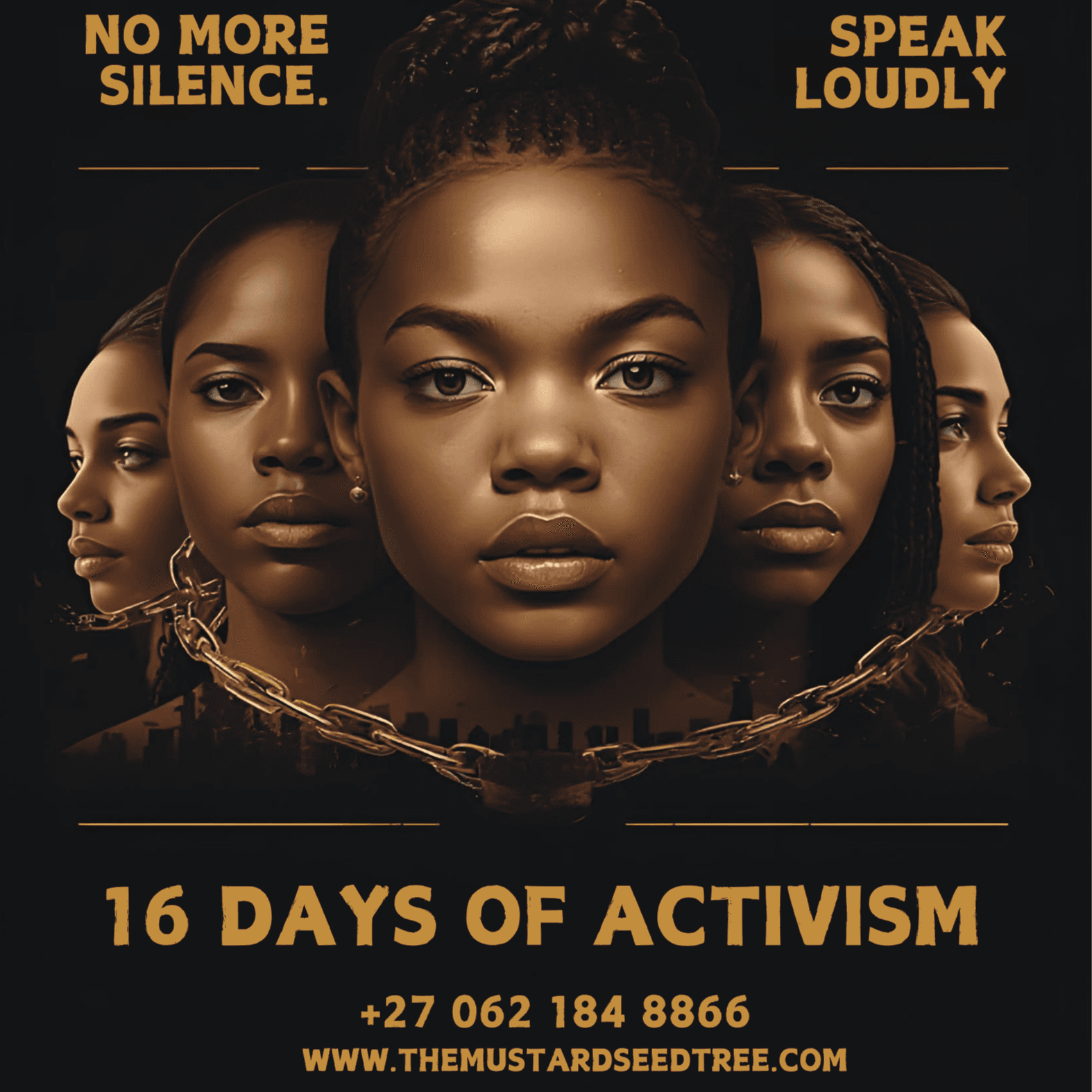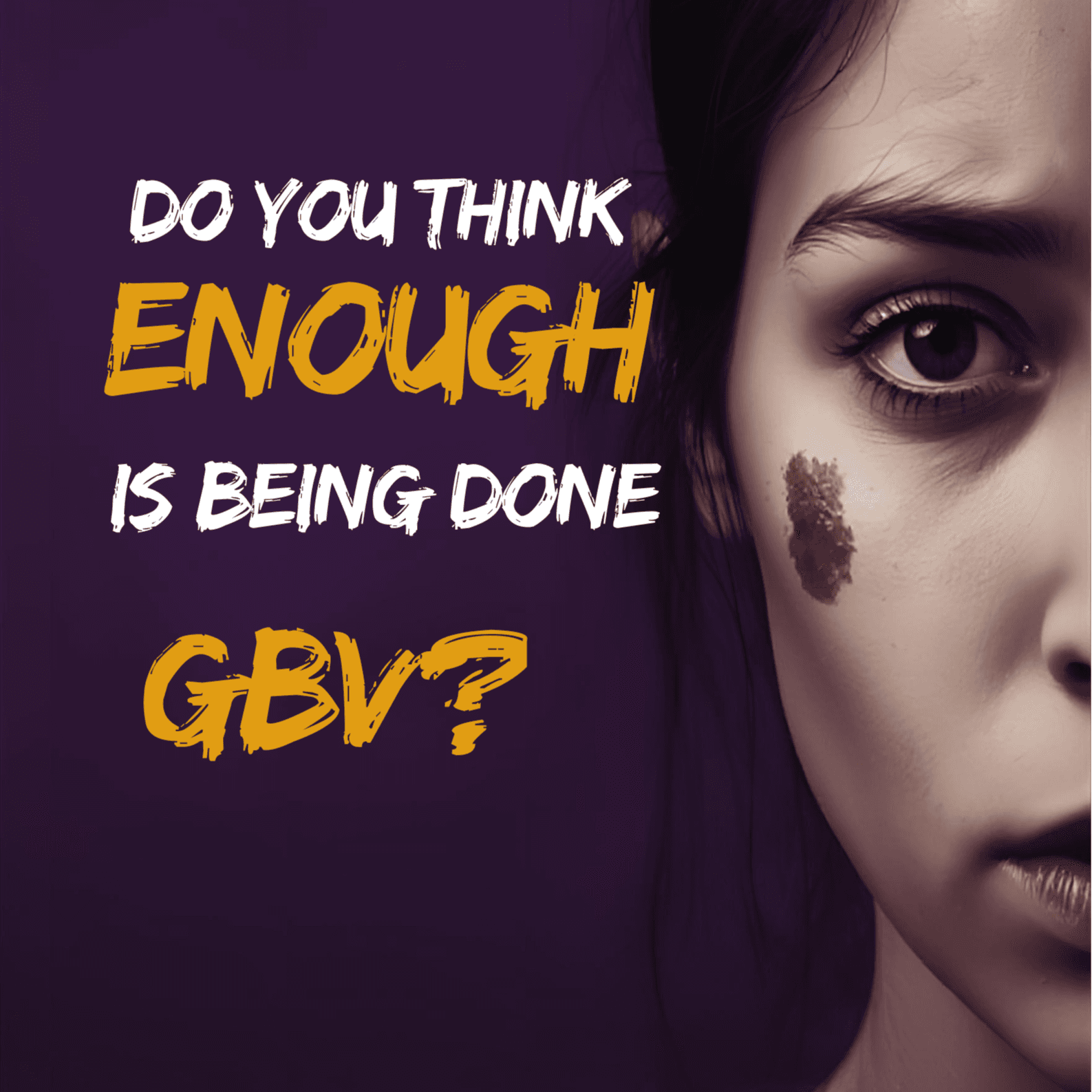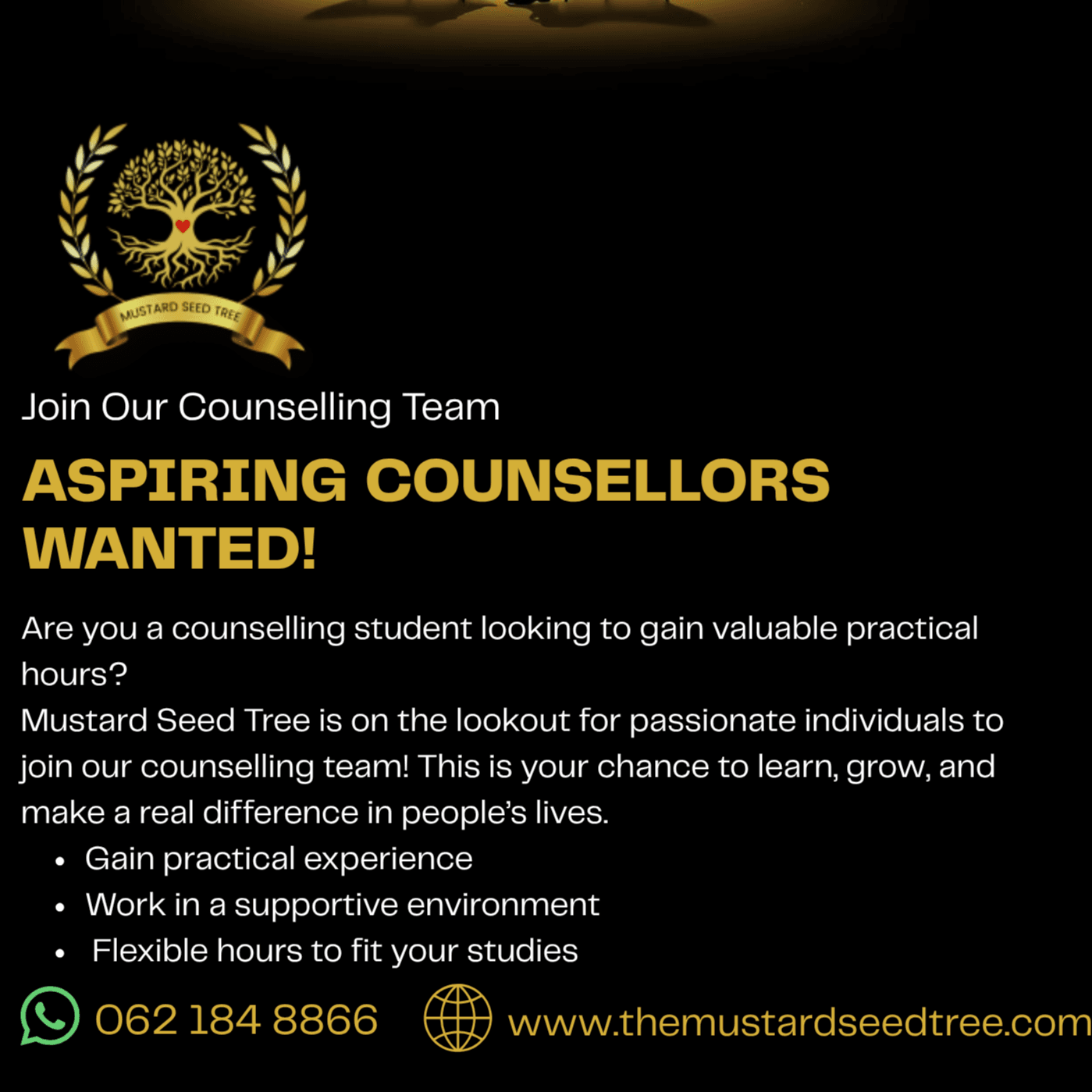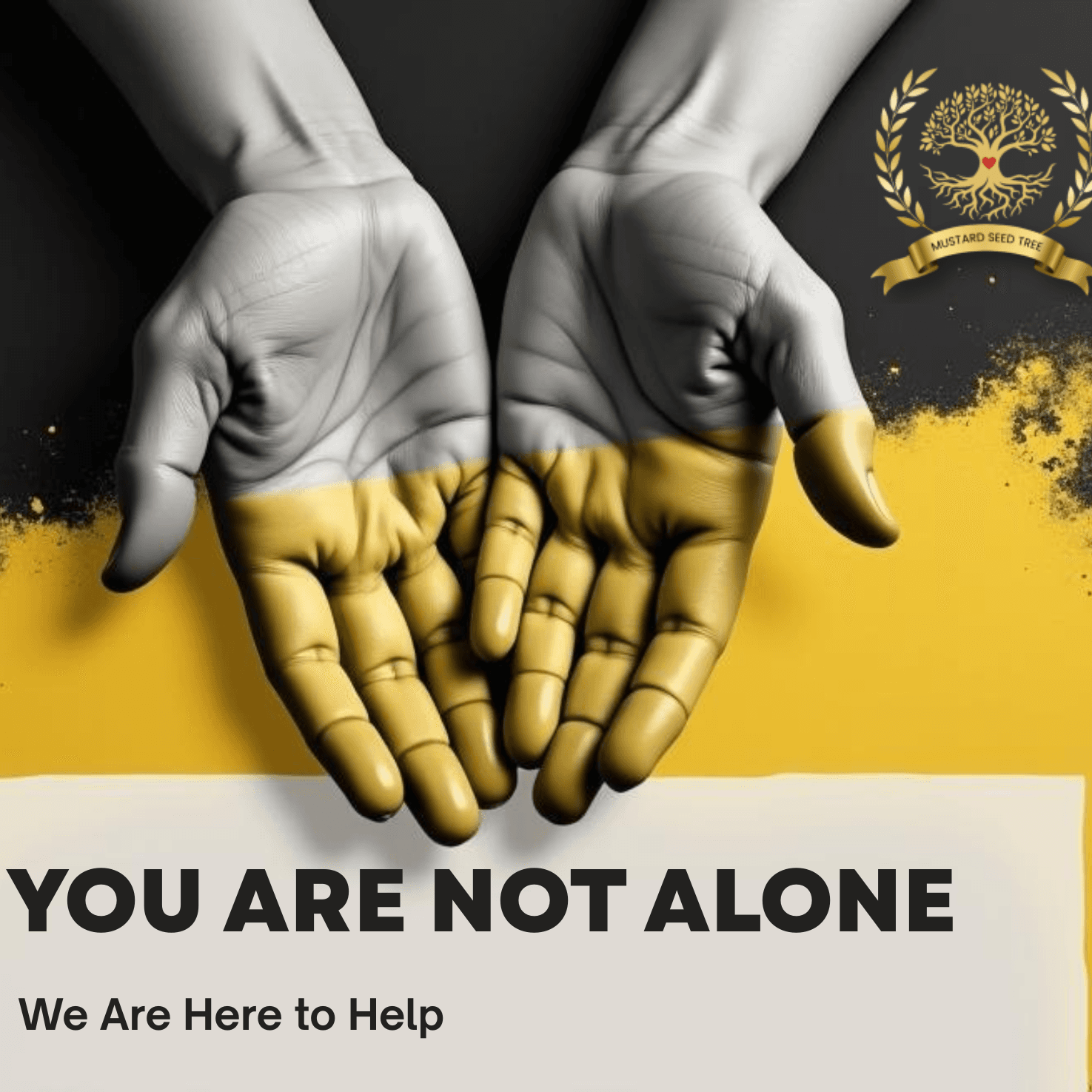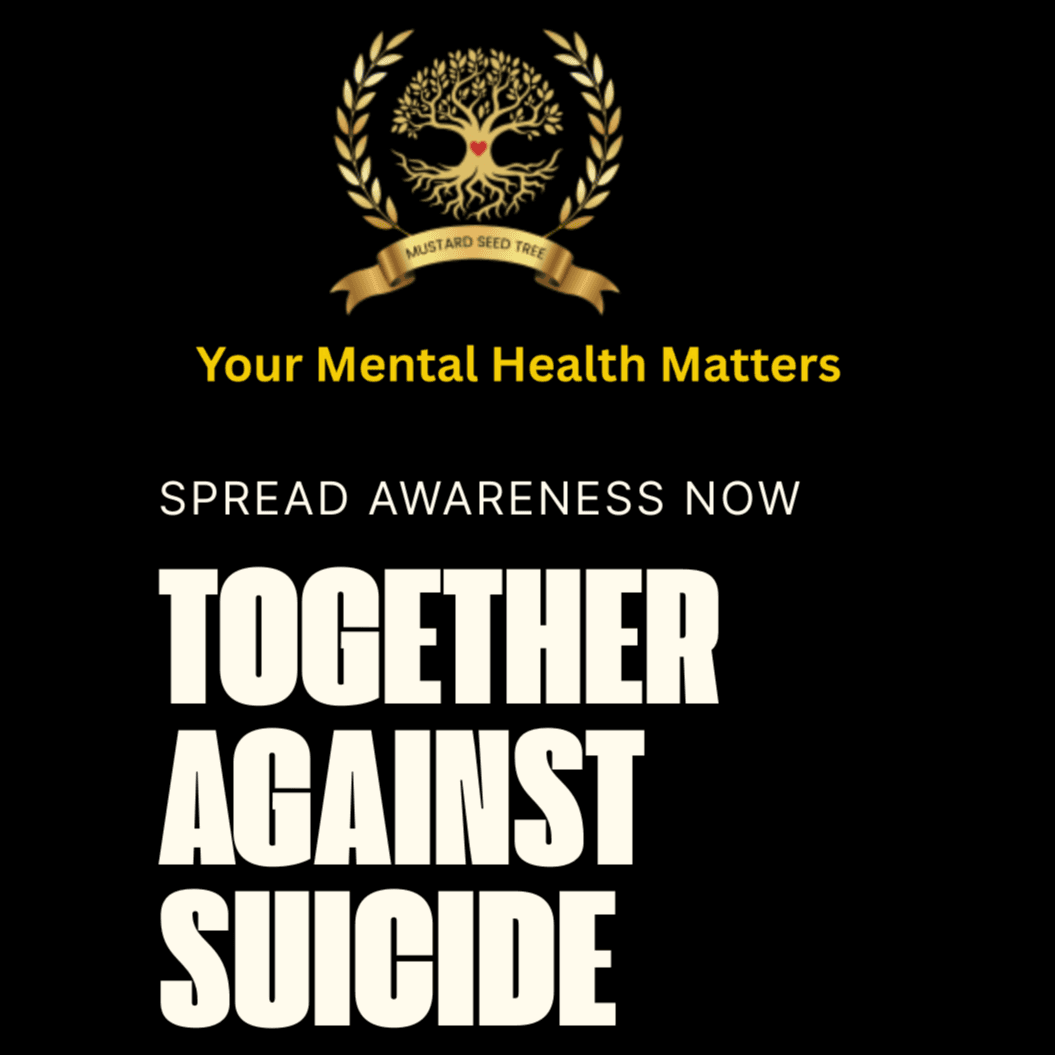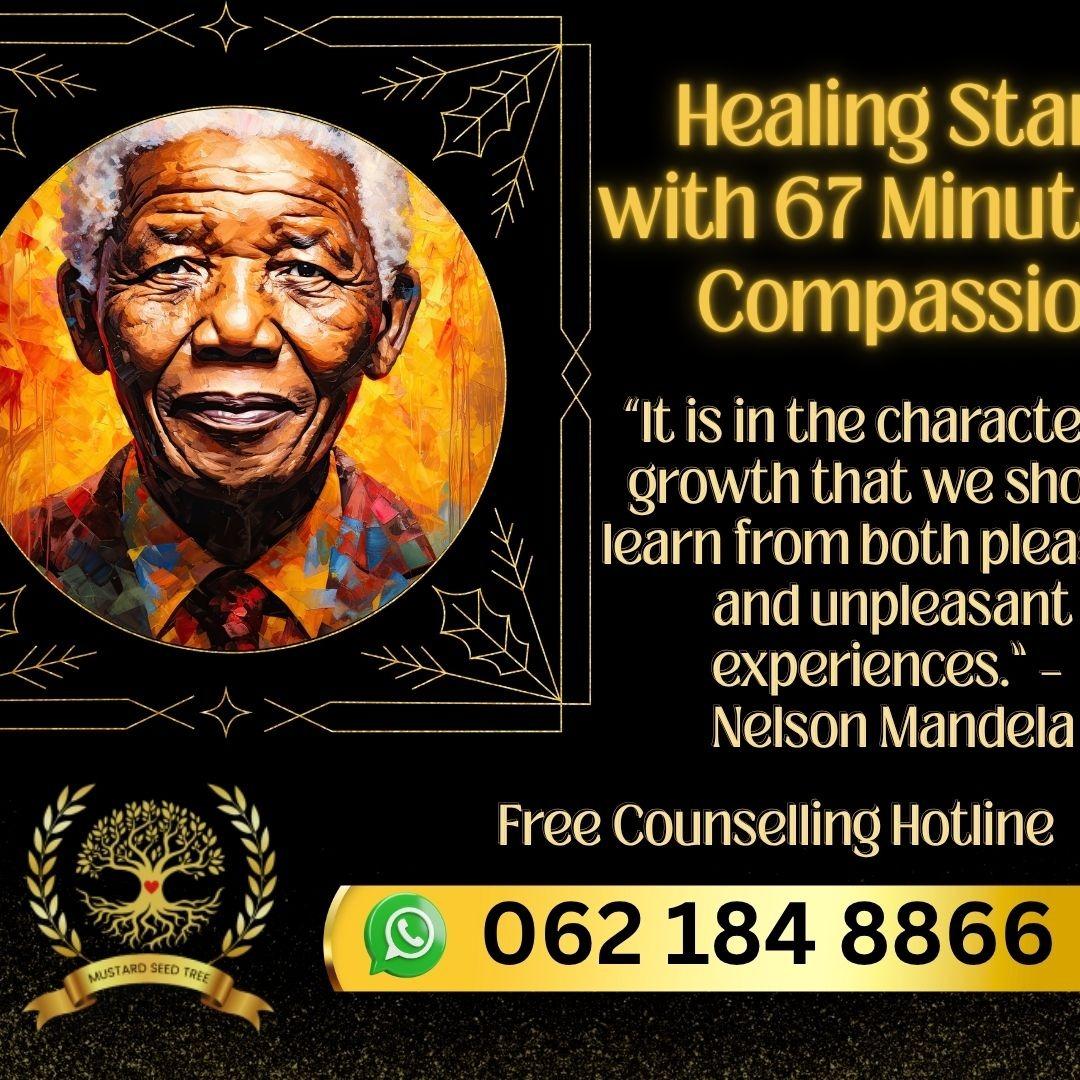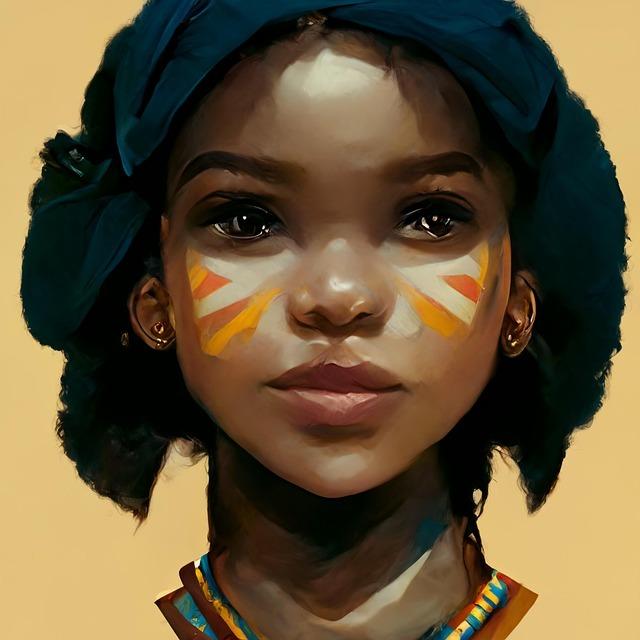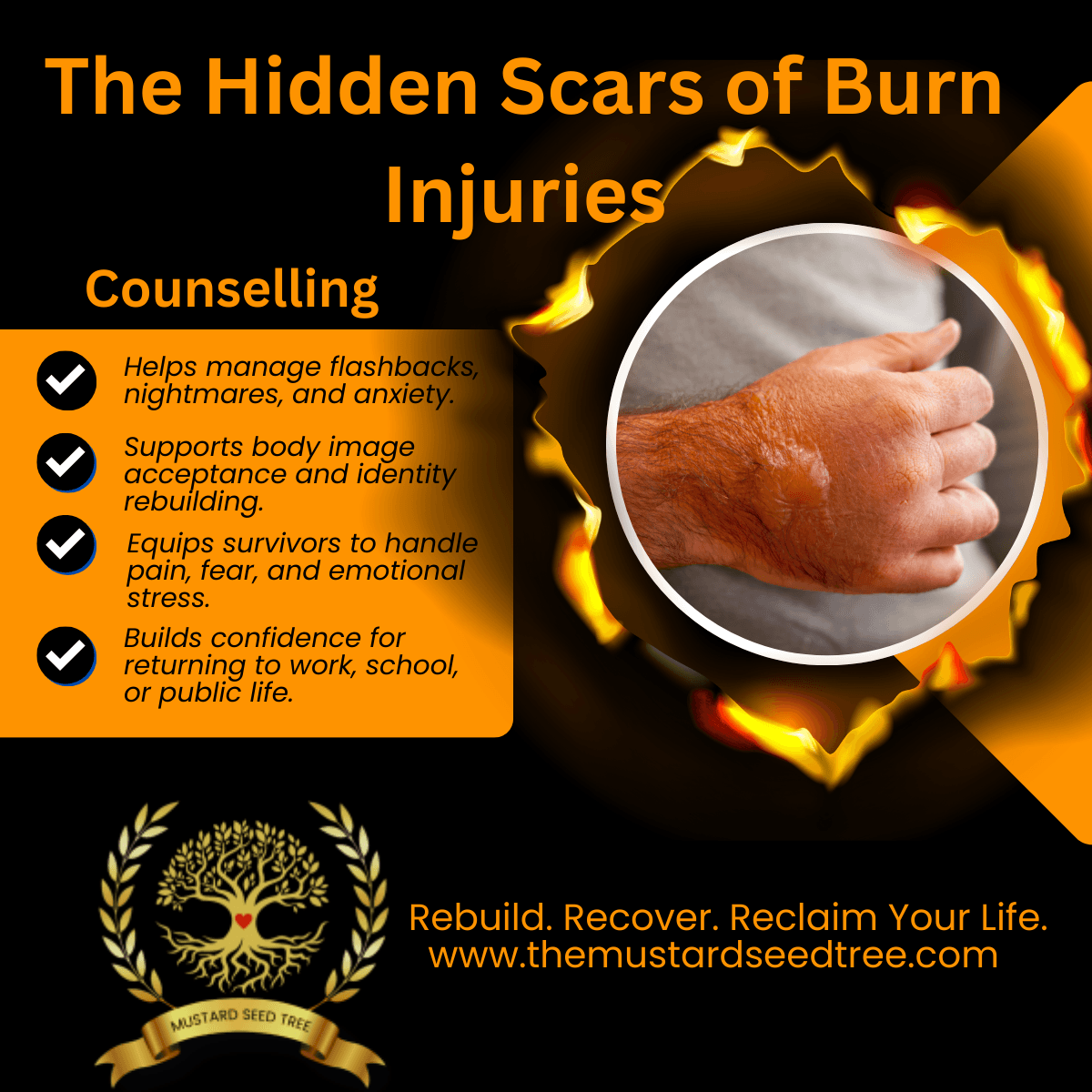- Home
- Causes
- Mustard Seed Tree
- Stories
- Is Enough Being Done To Stop Gbv
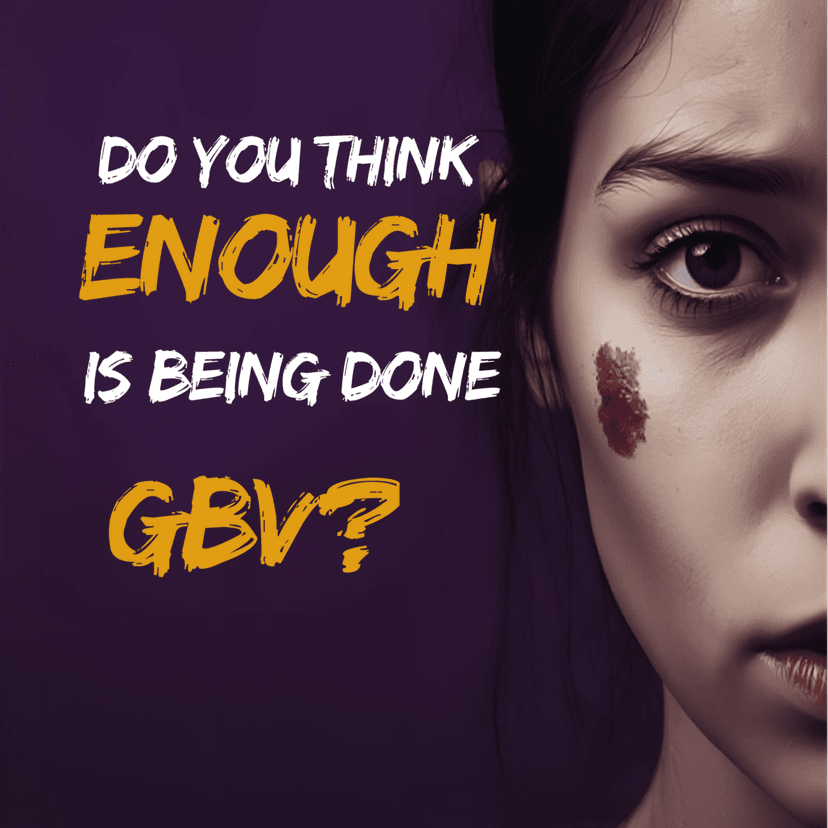
Is Enough Being done to Stop GBV?
Is South Africa is truly doing enough to stop gender-based violence (GBV)? Despite awareness campaigns and strong laws on paper, GBV rates remain among the highest in the world. Survivors face slow justice, limited support, and stigma.
Is South Africa Really Doing Enough to Stop GBV? Every November, we see campaigns, posters, and hashtags flooding social media about Gender-Based Violence (GBV). Politicians give speeches, NGOs hold marches, and for a brief moment, the country seems united in saying “enough is enough.” But once the noise dies down, the same horrifying headlines return — women murdered, children abused, and men silently suffering behind closed doors. So, we have to ask the question: is South Africa really doing enough to stop GBV? The Harsh Reality South Africa has some of the highest GBV rates in the world. According to SAPS crime stats, a woman is murdered every three hours. That’s not just a statistic — that’s someone’s daughter, sister, or mother. And while we often focus on violence against women (which we should), GBV also affects men, children, and people with disabilities who face abuse that often goes unnoticed or unreported. Why the System Isn’t Working Here’s the hard truth: our laws and systems are strong on paper, but weak in action. Survivors struggle to get justice due to: Slow court processes that drag on for years. Police stations without trained officers to handle GBV cases sensitively. Lack of safe shelters, especially in rural areas. Stigma that keeps many victims — especially men — silent. It’s not that South Africa doesn’t care. It’s that the response is often reactive instead of proactive. We wait for tragedy before taking action. The Role of Communities Ending GBV can’t just be the job of government. It starts with each of us. We need to: Speak out when we see signs of abuse. Support survivors without judgment. Teach our sons and daughters about respect and boundaries. Encourage counselling and mental health support for both victims and perpetrators. Real change happens when communities take ownership, not just when politicians make promises. What Needs to Change To truly fight GBV, South Africa needs to: Improve survivor support — more trauma counselling, more safe houses, and better follow-up care. Educate from a young age — GBV prevention must start in schools. Hold offenders accountable — no more bail for repeat offenders, and faster prosecutions. Empower both genders — equality means creating spaces where men can also talk about abuse without shame. Enough Talk — It’s Time for Action GBV is not just a women’s issue. It’s a South African issue — one that affects families, communities, and the soul of our nation. Awareness months and marches are important, but they mean nothing without real, on-the-ground change. At Mustard Seed Tree, we believe in the power of healing and conversation. Through counselling and community engagement, we’re helping survivors rebuild their lives and find strength again. Because until every person feels safe in their own home, we cannot say we’re doing enough.

